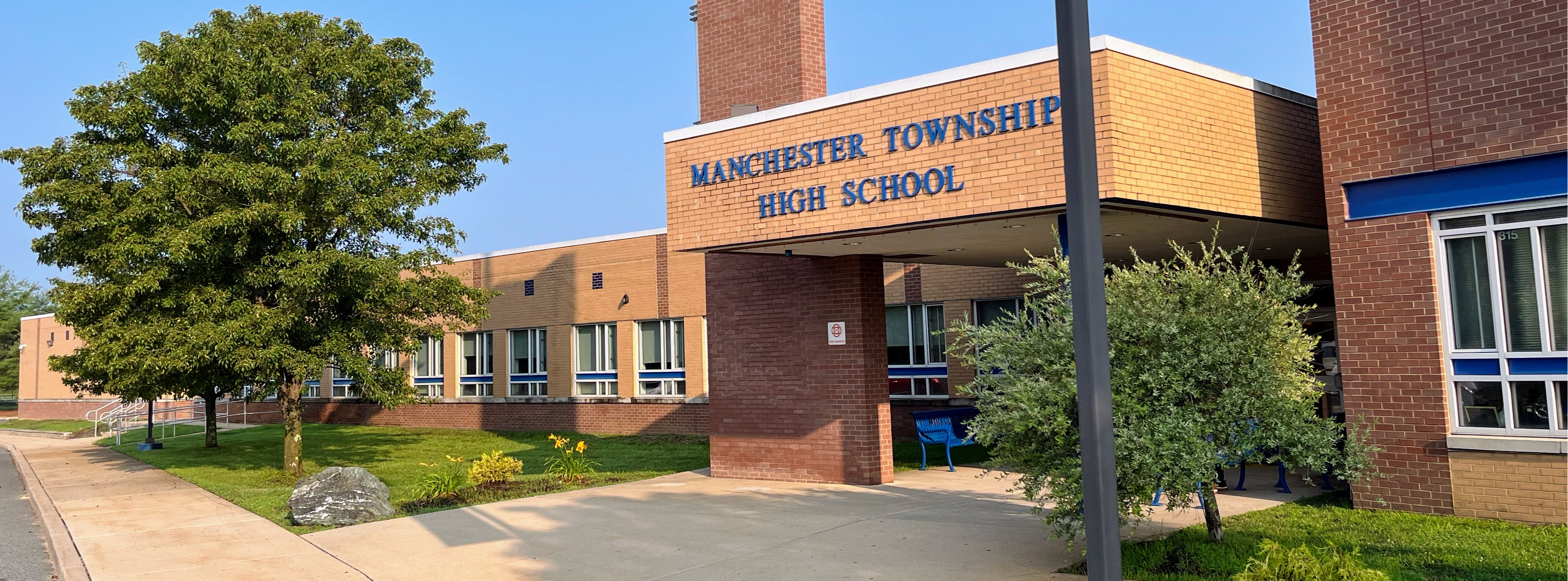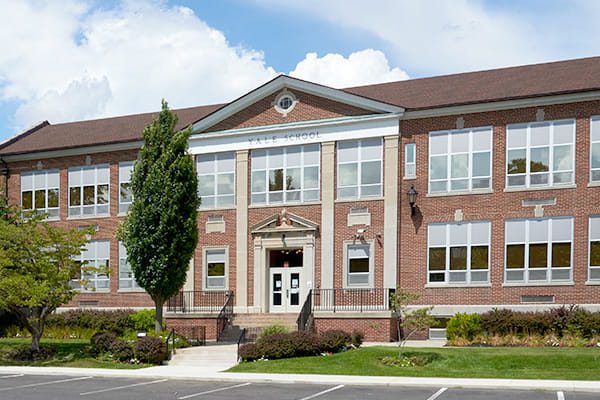Explore the Difficulties Encountering Our Community: Save Temecula Schools
Wiki Article
Necessary Standards to Take Into Consideration When Examining Possible Institutions for Registration
When taking into consideration schools for registration, assessing crucial criteria becomes paramount to guaranteeing a conducive understanding setting. Trick variables such as the placement of academic programs with students' desires, the qualifications of faculty members, and the impact of course sizes on personalized interest are crucial. Moreover, the existence of robust resources and facilities, together with a varied variety of extracurricular tasks, can dramatically improve educational experiences. The institution's society need to advertise regard and inclusivity to cultivate an encouraging community. Each of these facets plays an important function, yet exactly how do they interconnect to shape the optimal instructional setting?Academic Programs
When examining possible schools for enrollment, considering the breadth and depth of their scholastic programs is critical. Premium academic programs not only establish the instructional worth a student will receive yet likewise influence future chances and profession courses. Potential trainees and their households need to inspect the curriculum to guarantee it straightens with the trainee's scholastic passions and job goals.
Accreditation is a critical variable, as it indicates that the organization satisfies well established criteria of quality. Furthermore, the variety of training course offerings, consisting of sophisticated placement (AP) or Global Baccalaureate (IB) programs, can significantly improve a trainee's discovering experience. Colleges with durable scholastic tracks in STEM, liberal arts, and the arts suggest a commitment to extensive education.
Professors credentials and student-to-teacher ratios are likewise essential signs of academic excellence (Save Temecula Schools). Highly credentialed instructors and smaller course sizes usually cause more individualized interest and a far better instructional experience. The accessibility of scholastic sources such as collections, labs, and technology centers can additionally enhance the learning environment.
Reviewing these aspects guarantees that the chosen college offers a encouraging and extensive academic structure, crucial for promoting intellectual growth and preparing students for future success.
Extracurricular Tasks
Beyond the scholastic world, after-school activities play a substantial function fit an all-round academic experience. These activities give pupils with opportunities to create abilities that prolong beyond the class, such as team effort, leadership, and time administration. When evaluating possible colleges for registration, it is vital to take into consideration the range and quality of extracurricular programs provided.A diverse variety of activities, including sports, arts, music, dispute clubs, and neighborhood solution initiatives, can provide to various interests and abilities. Institutions that support a wide range of extracurriculars demonstrate a dedication to cultivating alternative growth. Furthermore, engagement in these tasks can improve university applications and returns to, showcasing a trainee's ability to balance several responsibilities.
It is additionally important to evaluate the centers and resources available for these tasks. Seasoned teachers and high-quality facilities can significantly impact the performance and satisfaction of the programs. In addition, take into consideration the level of student engagement and the institution's inspiration of participation. Schools that proactively promote extracurricular involvement typically develop a dynamic, comprehensive community.
Course Sizes
One of the important variables to consider when evaluating potential schools for registration is course size. Class size significantly influences the high quality of education and learning that a pupil obtains.Furthermore, smaller sized class dimensions can add to a more natural classroom atmosphere. With less students, there is a better possibility for developing solid connections in between peers and educators, which can boost the understanding atmosphere and promote a sense of area. This additionally permits even more reliable classroom management, as teachers can dedicate more time to keeping a favorable and effective atmosphere.

Institution Society
Understanding the value of school culture is necessary when assessing potential schools for registration. Evaluating an institution's culture entails observing interactions among students, educators, and personnel, as well as comprehending the school's objective, worths, and expectations.browse this site Prospective moms and dads and students need to seek colleges that prioritize regard, cooperation, and a favorable principles. Search for signs such as strong student-teacher connections, energetic involvement in school tasks, and a sense of neighborhood. A healthy institution society frequently advertises diversity and addition, ensuring that trainees from varied histories really feel welcomed and valued.
Additionally, a positive institution culture urges open interaction and supplies trainees with a risk-free atmosphere to share themselves. It likewise supports scholastic roughness while balancing after-school activities that contribute to all natural growth. When seeing an institution, engage with current students and staff to evaluate their contentment and sense of belonging. Ultimately, the appropriate institution culture will certainly align with a family's values and add dramatically to the overall educational experience.
Facilities and Resources
When examining prospective colleges for registration, the quality and accessibility of sources and facilities play an important role fit the educational experience. An institution geared up with modern amenities can considerably enhance finding out results. Class must be well-designed, cultivating an environment for both focus and creativity. Laboratories, whether for science, modern technology, or languages, need to be up-to-date and well-kept to give hands-on knowing possibilities.Libraries are another cornerstone of scholastic quality (Save Temecula Schools). A well-stocked collection with a diverse variety of publications, journals, and digital sources can support students' research needs and foster a culture of analysis and query.
Technology is vital in today's academic landscape. Colleges need to provide reputable web gain access to, computer labs, and smart classrooms to help with digital understanding. In addition, specialized resources such as art workshops, songs rooms, and cinema areas can nurture innovative skills.
Ultimately, the breadth and top quality of their website an institution's resources and centers can greatly affect a student's general development. Therefore, parents must thoroughly examine these facets to guarantee a well-shaped and improving educational experience.
Conclusion
In summary, examining potential institutions for registration requires a detailed evaluation of numerous essential aspects. Academic programs need to align with trainees' academic rate of interests and job ambitions, while professors qualifications and suitable class dimensions are essential for customized direction. The availability of durable centers and sources, together with a diverse series of extracurricular tasks, fosters alternative advancement. Additionally, a school culture that highlights regard and inclusivity is necessary to developing a supportive and effective learning atmosphere.
A healthy and balanced college society commonly promotes diversity and inclusion, guaranteeing that pupils from different backgrounds really feel welcomed and valued.
Furthermore, a favorable school culture motivates open interaction and gives pupils with a risk-free setting to express themselves.
Report this wiki page